Robert Redfield, director of the Centers for Disease Control and Prevention, spoke with NPR on Thursday, saying that his agency is working on a plan to safely reopen the United States. Tom Williams/CQ-Roll Call Inc. via Getty Images hide caption.



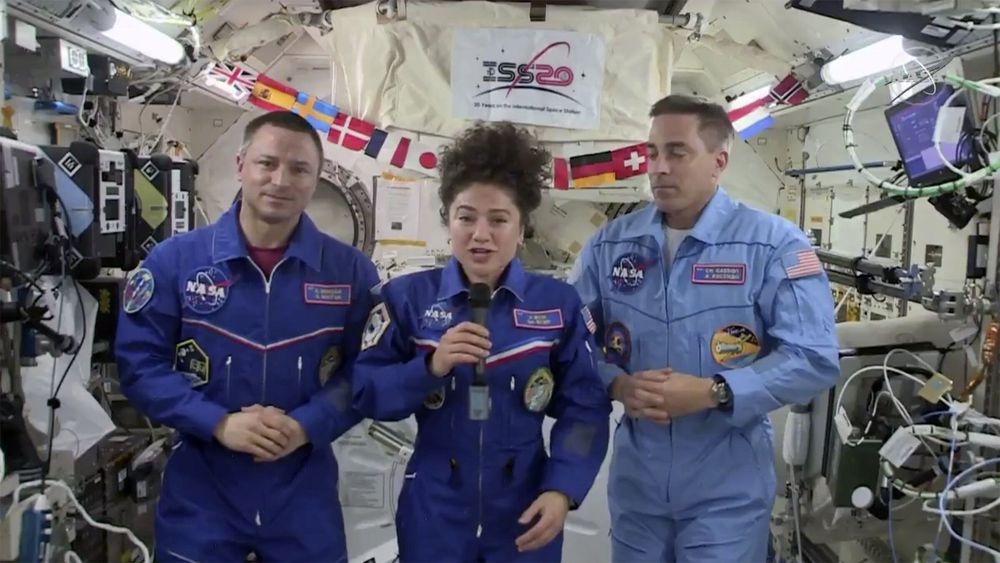
Two NASA astronauts said Friday they expect it will be tough returning to such a drastically changed world next week, after more than half a year at the International Space Station.
Andrew Morgan said the crew has tried to keep atop the pandemic news. But it’s hard to comprehend what’s really going on and what to expect, he noted, when his nine-month mission ends next Friday.
“It is quite surreal for us to see this whole situation unfolding on the planet below,” said Jessica Meir, who took part in the first all-female spacewalk last fall. “We can tell you that the Earth still looks just as stunning as always from up here, so it’s difficult to believe all the changes that have taken place since both of us have been up here.”

In the early hours of this morning, the BepiColombo spacecraft swung past Earth on its way to the inner Solar System – and in the process captured some rather glorious views of our planet.
The joint European-Japanese mission, which comprises two orbiters carried by Europe’s Mercury Transfer Module (MTM), is on a seven-year mission to enter orbit around Mercury in December 2025, having launched form Earth in October 2018.
In order to reach Mercury, the spacecraft must lose energy as it falls towards the Sun so it can be captured into orbit by the planet. To do so, it is using gravitational tugs of Earth, Venus, and Mercury itself to slow its speed as it flies past.
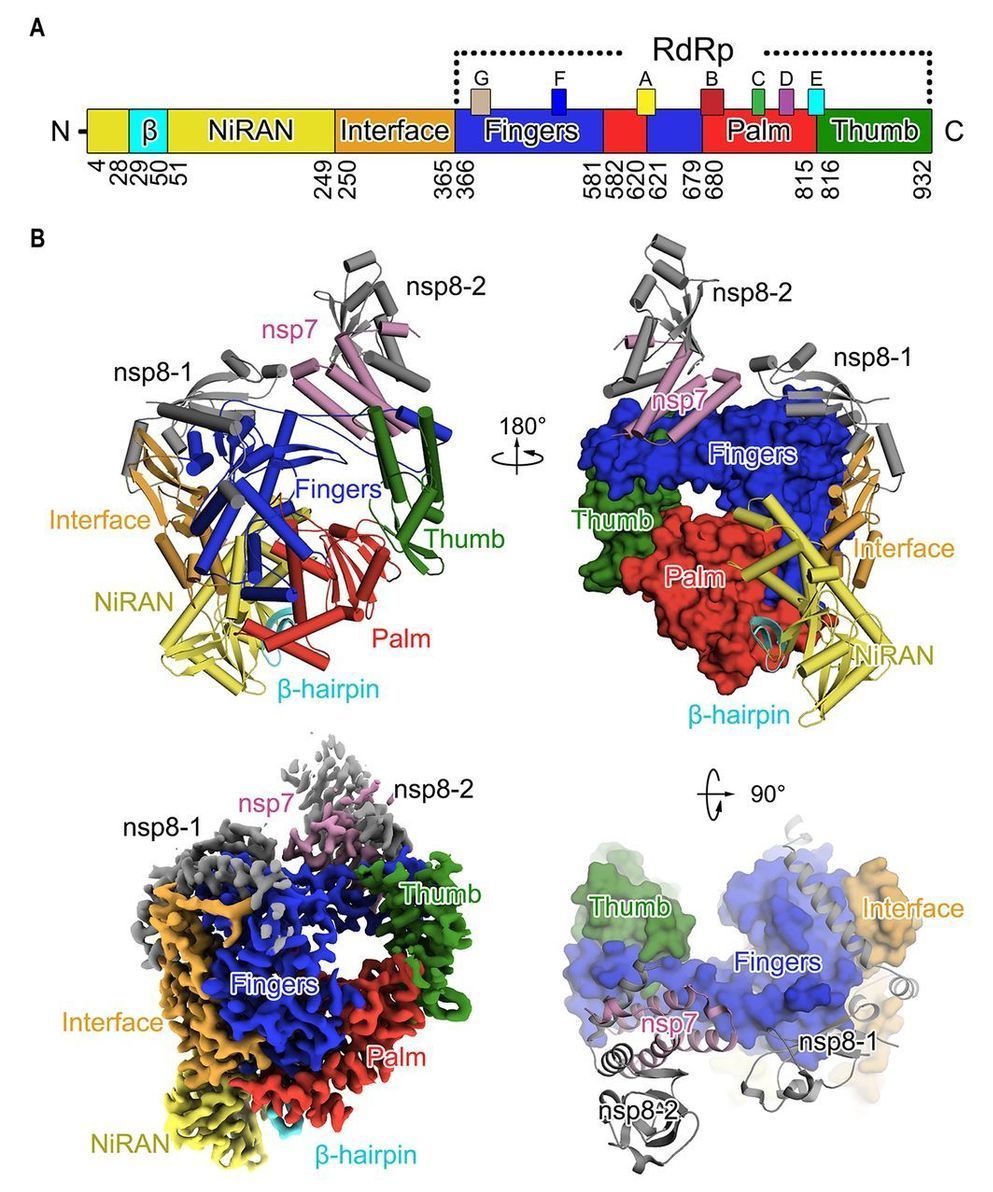
A novel coronavirus (COVID-19 virus) outbreak has caused a global pandemic resulting in tens of thousands of infections and thousands of deaths worldwide. The RNA-dependent RNA polymerase (RdRp, also named nsp12) is the central component of coronaviral replication/transcription machinery and appears to be a primary target for the antiviral drug, remdesivir. We report the cryo-EM structure of COVID-19 virus full-length nsp12 in complex with cofactors nsp7 and nsp8 at 2.9-Å resolution. In addition to the conserved architecture of the polymerase core of the viral polymerase family, nsp12 possesses a newly identified β-hairpin domain at its N terminus. A comparative analysis model shows how remdesivir binds to this polymerase. The structure provides a basis for the design of new antiviral therapeutics targeting viral RdRp.
Corona Virus Disease 2019 (COVID-19) caused by a novel coronavirus emerged in December 2019 (1–3) and has since become a global pandemic. COVID-19 virus is reported to be a new member of the betacoronavirus genus and is closely related to severe acute respiratory syndrome coronavirus (SARS-CoV) and to several bat coronaviruses (4). Compared to SARS-CoV and MERS-CoV, COVID-19 virus exhibits faster human-to-human transmission, thus leading to the WHO declaration of a world-wide public health emergency (1, 2).
CoVs employ a multi-subunit replication/transcription machinery. A set of non-structural proteins (nsp) produced as cleavage products of the ORF1a and ORF1ab viral polyproteins (5) assemble to facilitate viral replication and transcription. A key component, the RNA-dependent RNA polymerase (RdRp, also known as nsp12), catalyzes the synthesis of viral RNA and thus plays a central role in the replication and transcription cycle of COVID-19 virus, possibly with the assistance of nsp7 and nsp8 as co-factors (6). Nsp12 is therefore considered a primary target for nucleotide analog antiviral inhibitors such as remdesivir, which shows potential for the treatment of COVID-19 viral infections (7, 8). To inform drug design we have determined the structure of nsp12, in complex with its cofactors nsp7 and nsp8 by cryo-Electron Microscopy (Cryo-EM) using two different protocols, one in the absence of DTT (Dataset-1) and the other in the presence of DTT (Dataset-2).
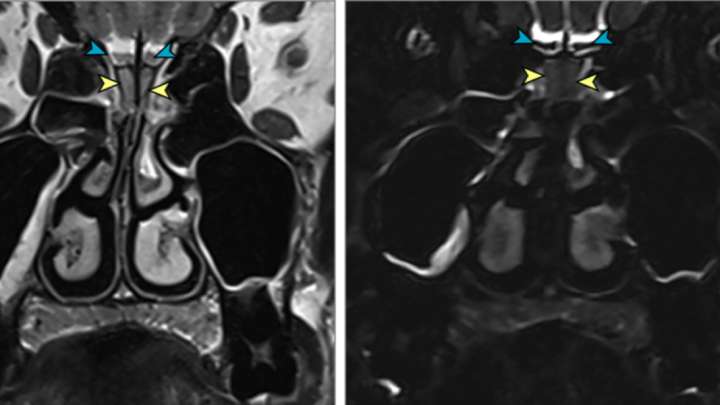
A woman in her forties has become the latest known case of SARS-CoV-2 infection associated with a “sudden and complete” loss of smell. Known as anosmia, loss of smell is regarded as one of the tell-tale signs of COVID-19.
When an odor enters the nose, neurons in the nasal cavity send messages to the olfactory bulb, a structure in the front part of the brain. These signals are then shipped off to different parts of the brain, leading some medical experts to wonder whether the novel coronavirus could cause adverse neurological reactions.
But how could a virus associated with respiratory infections impact the brain? Researchers are trying to find out. Dr Serena Spudich, a neurologist at the Yale School of Medicine specializing in infectious diseases, says that it is too early to say definitively whether SARS-CoV-2 directly infects the brain but limited data suggests it is a possibility.
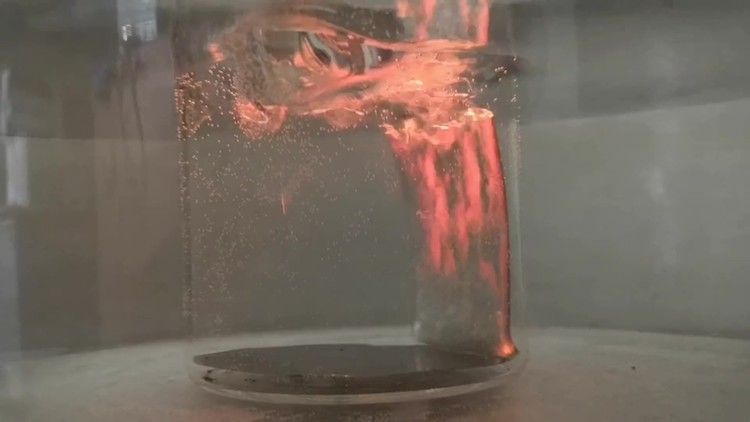

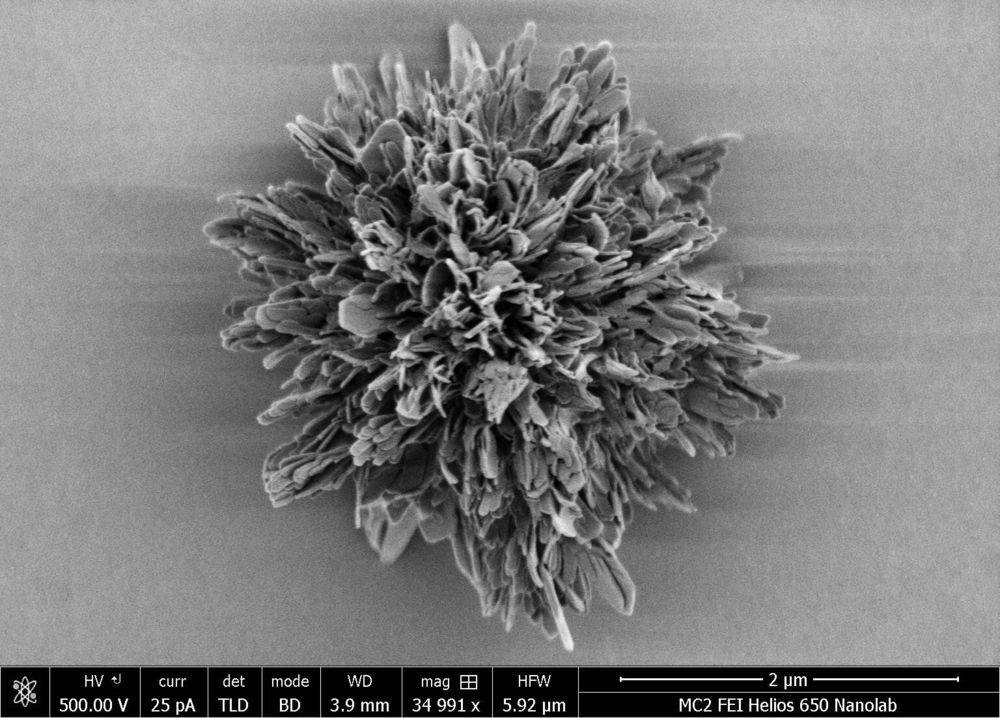
Synthetic microparticles more intricate than some of the most complicated ones found in nature have been produced by a University of Michigan-led international team. They also investigated how that intricacy arises and devised a way to measure it.
The findings pave the way for more stable fluid-and-particle mixes, such as paints, and new ways to twist light—a prerequisite for holographic projectors.
The particles are composed of twisted spikes arranged into a ball a few microns, or millionths of a meter, across.
